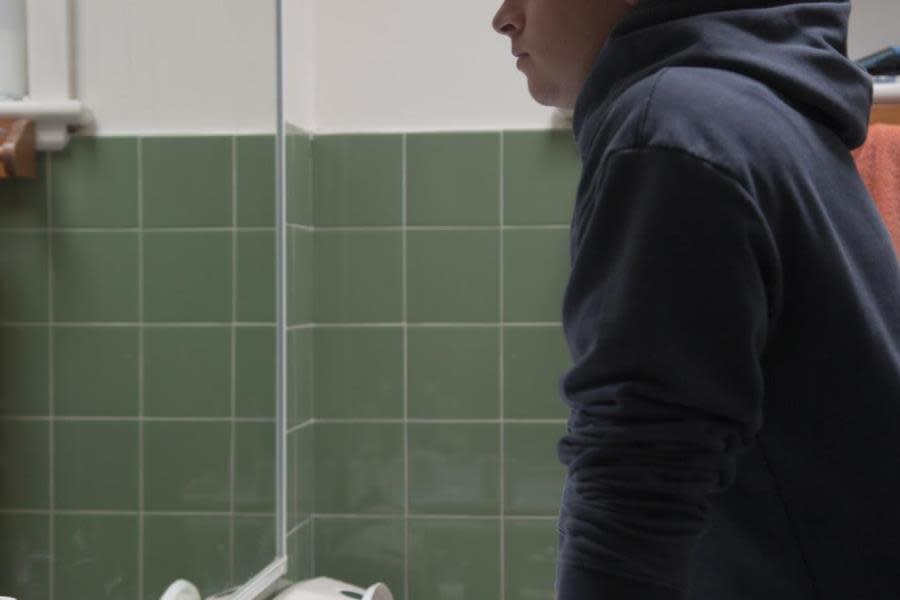Syphilis
Syphilis is a bacterial sexually transmitted infection (STI) that can cause serious damage to your health if left untreated. Many people don't notice the initial symptoms, but it can be detected with a simple blood test. It's easy to treat and cure with antibiotics in its early stages.
This can help if:
you think you might have syphilis
you want to know more about syphilis and its symptoms
you want to know how to detect and treat syphilis.
What is syphilis?
Syphilis is a bacterial STI with a variety of symptoms that present in four different phases. Typically, you’ll see the first symptom around 21 days after infection. The good news is that it's easy to treat and cure in its early stages. Using condoms and dental dams (a thin plastic barrier) can prevent syphilis from being passed on.
What are the symptoms of syphilis?
There are four stages to syphilis:
First, you'll get a small sore (called a ‘chancre’) that looks infected at the centre. It might seep liquid or pus. It won't hurt, and it might be in a place where you don't even notice it, such as your inner thigh. It'll stick around for up to six weeks. After it clears up, you still have the infection in your system, even if you don't get any more symptoms.
A couple of months later, you could get a rash – usually on the palms of your hands and soles of your feet. You could feel run-down and fluey. This stage sometimes takes more than a year to develop.
In this stage the infection goes quiet. For up to 20 years you can have no symptoms at all, but still be able to pass the infection on to other people.
In the final stage, things get serious. The infection will start to affect your brain, liver and other important organs. It can last for a long time and the long term effects of syphilis can cause irreversible damage.
Testing for syphilis
You can get a blood test from a doctor to check for syphilis. If you have a suspected chancre, they can also examine a sample from this sore to detect the infection. If you’re pregnant, they’ll normally test you for syphilis to make sure you don't pass it on to the baby.
Learn more about how to get a sexual health check, or call Healthline on 1300 65 88 86 to find out the most convenient place for you to have a check-up.
What can I do if I have syphilis?
Get treated: Syphilis treatment is pretty straightforward in its early stages – it's just a couple of antibiotic injections a few weeks apart. The doctor who diagnoses you will talk you through a treatment plan.
Inform those who need to know: If you have syphilis, it’s important that you contact all your recent sexual partners and let them know they should get tested, too. If you’re unsure about how to do this, read some tips for telling someone you’ve got an STI.
Don’t spread it: While treatment is happening, you need to be very careful when having sex that you don’t pass on the infection. Practise safe sex by using condoms and dental dams, and don’t let your partner touch or rub against any sores or rash.
Re-test: You need to do a follow-up test a couple of months after treatment to make sure the infection is gone. Once you've got a clear follow-up test, you can feel safe about not passing on the infection.
What can I do now?
Find out about getting a sexual health check.
Learn how to tell someone you have an STI.
Read more about safe sex.
